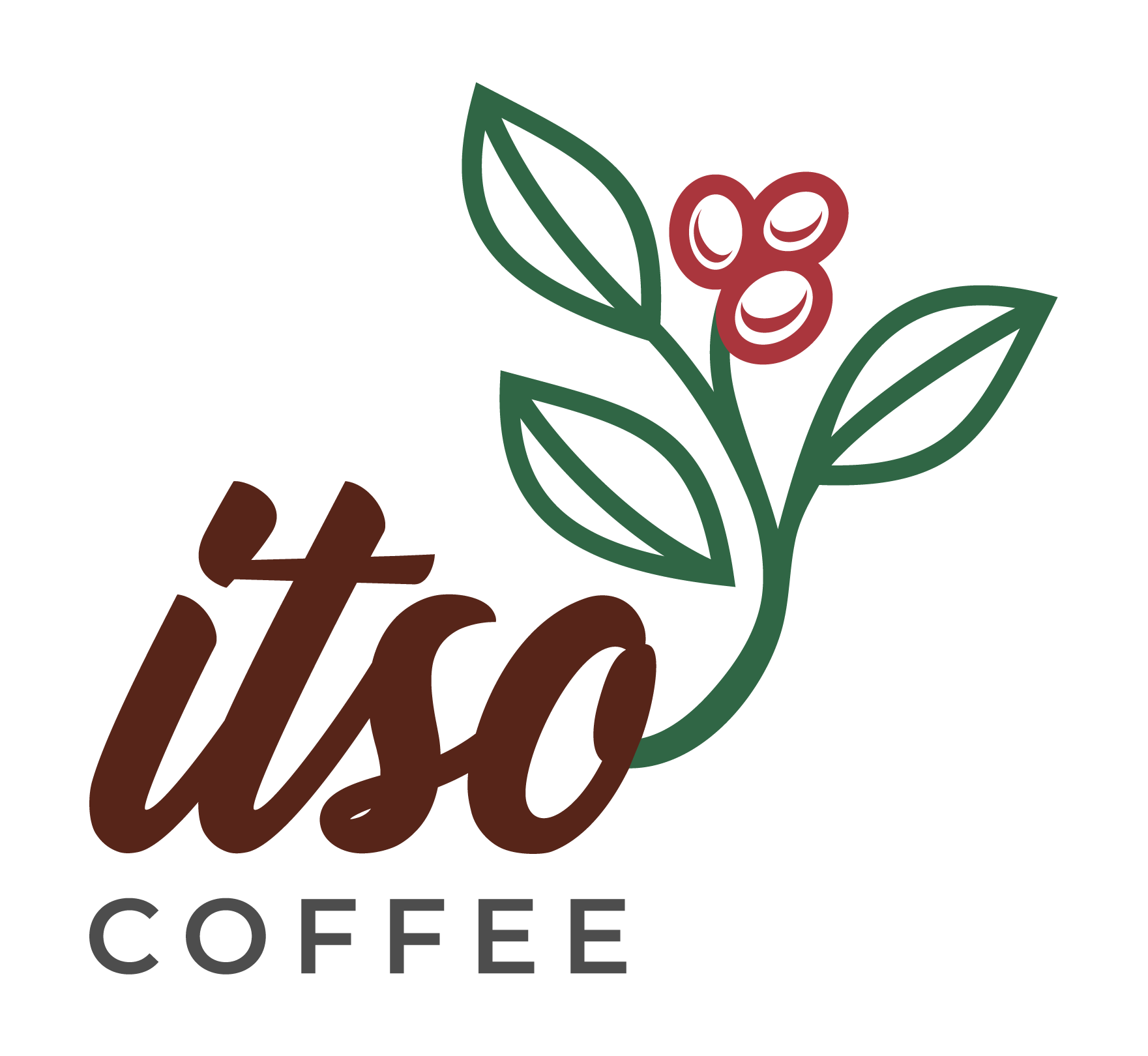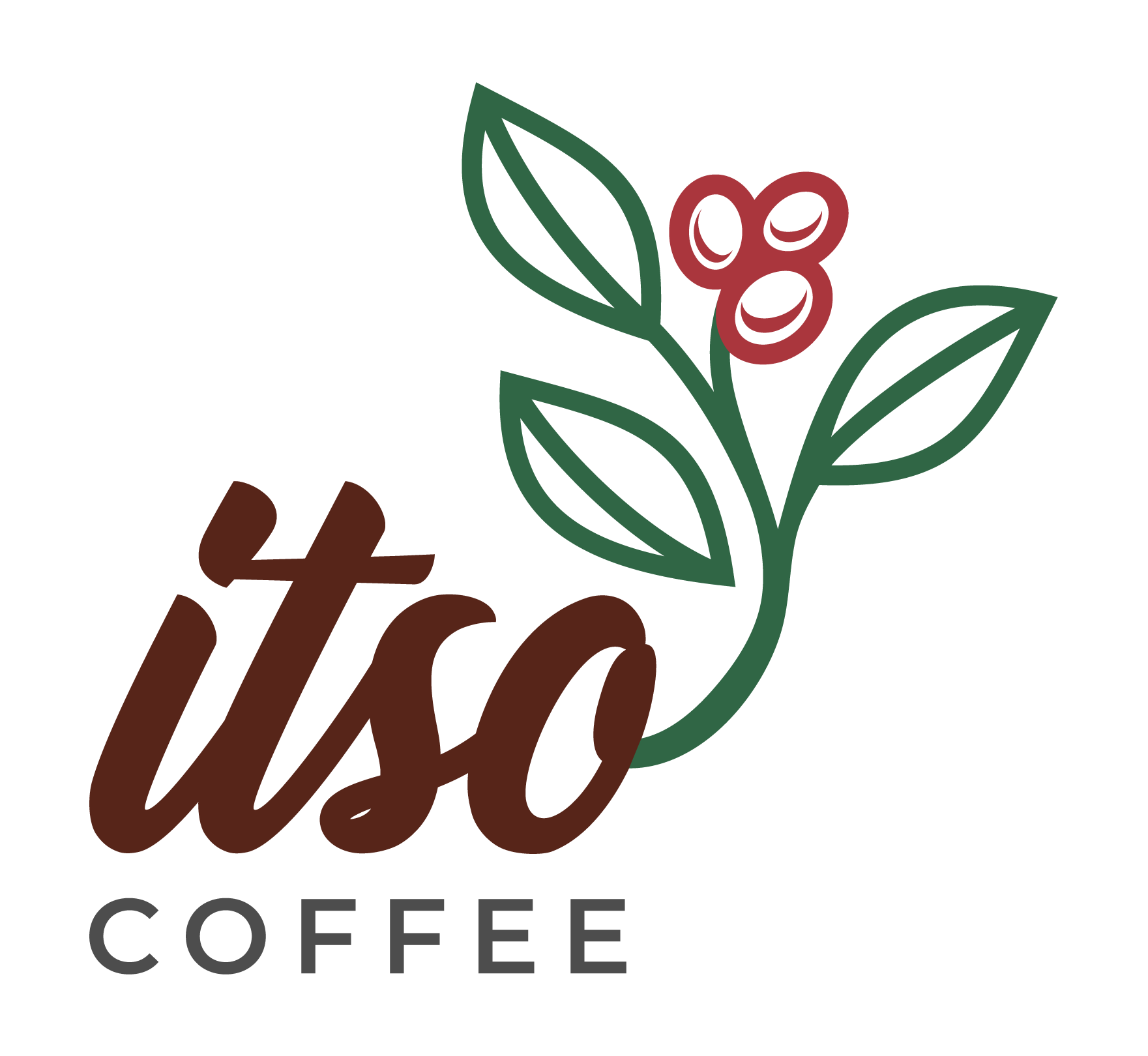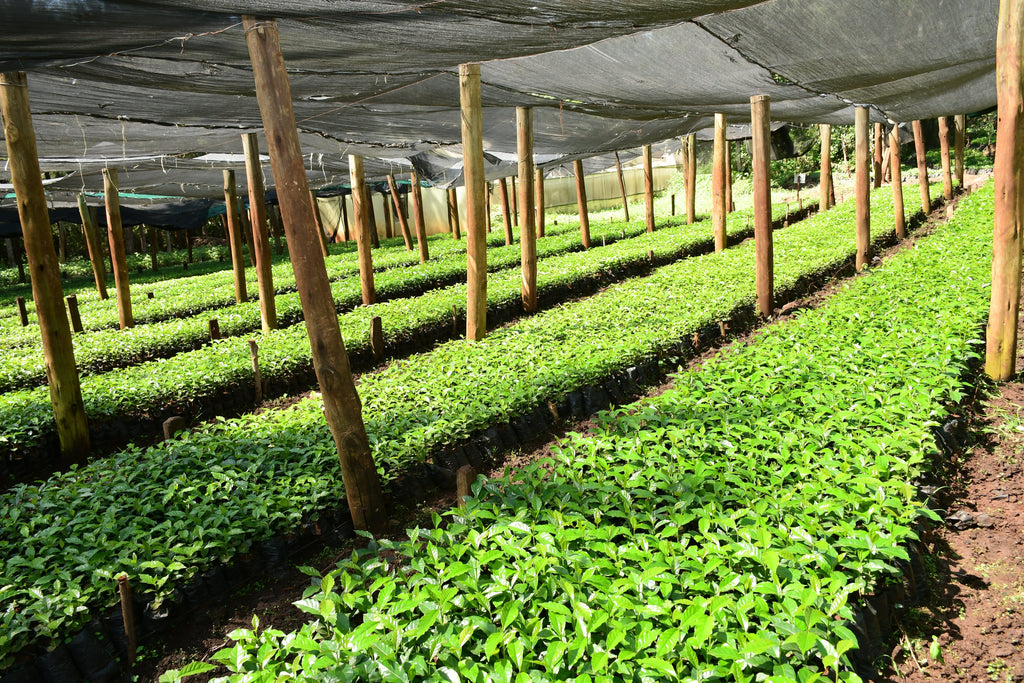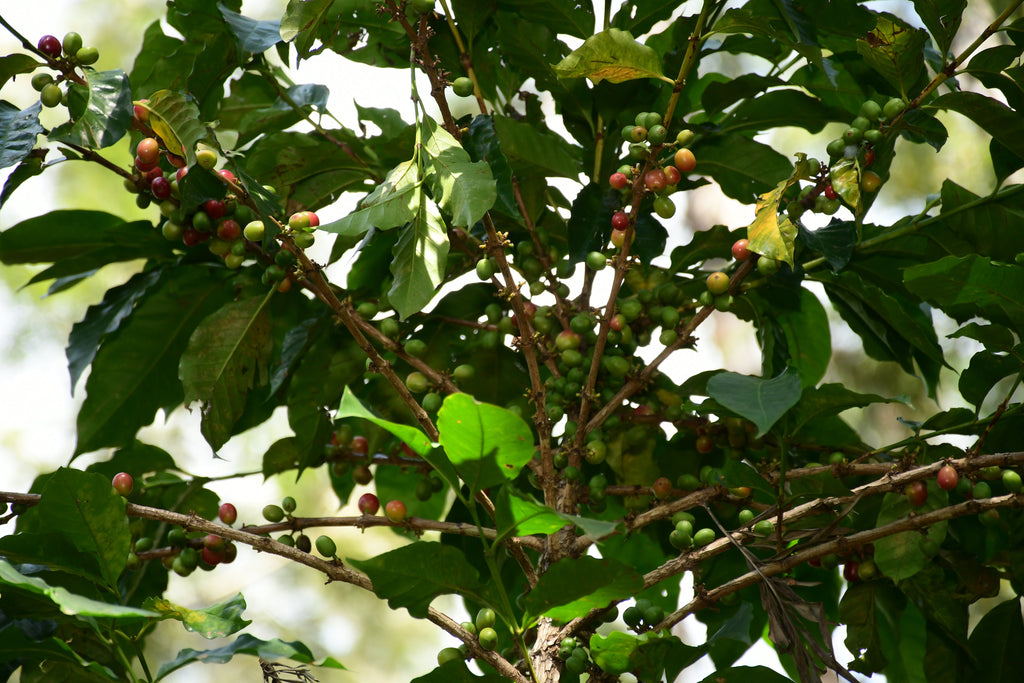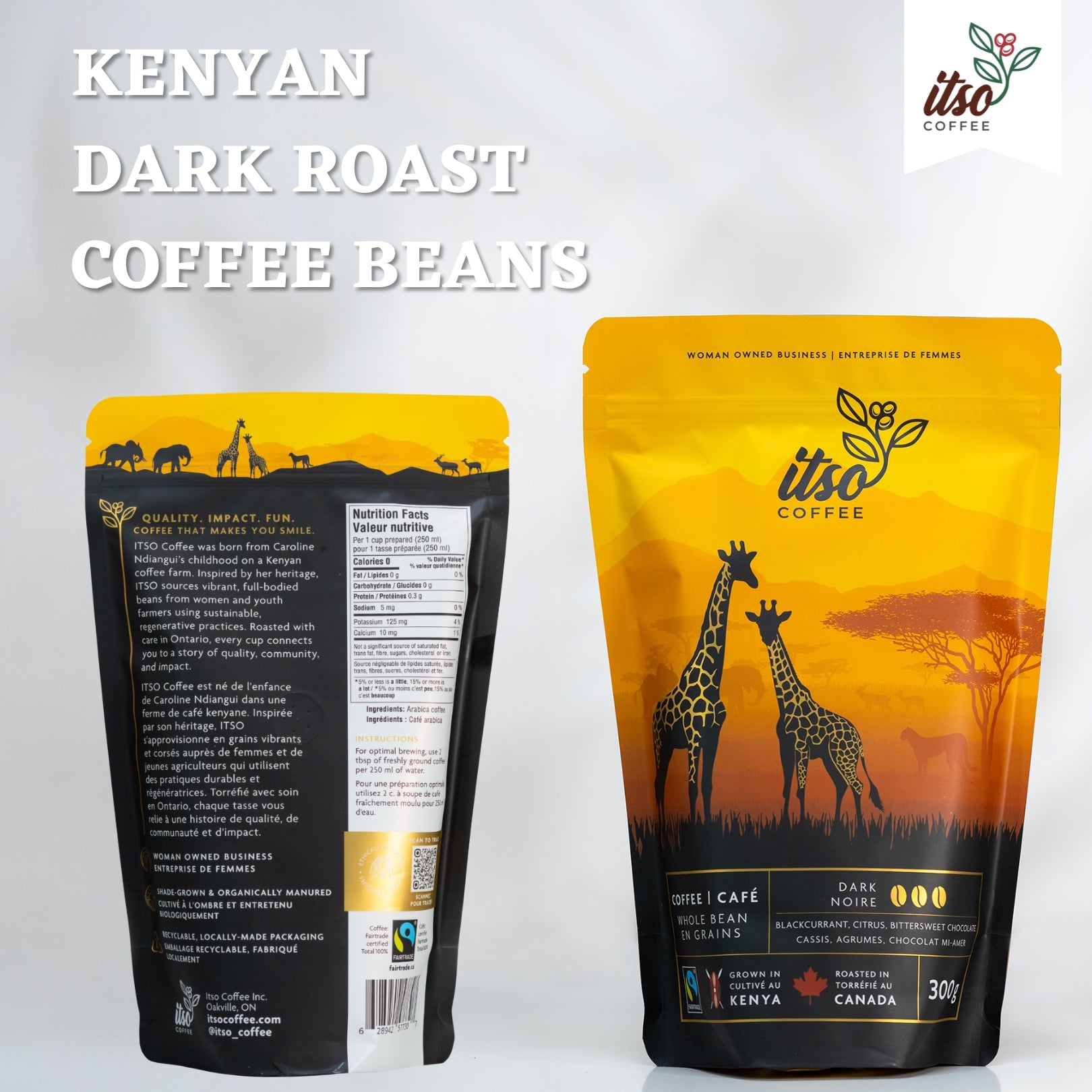
Organic Coffee vs. Natural Coffee: Understanding the Differences

In recent years, the demand for coffee that aligns with health-conscious and environmentally friendly lifestyles has skyrocketed. Terms like "organic coffee" and "natural coffee" are increasingly used, but what do they actually mean? Is there a difference between organic and natural coffee, and if so, how do these distinctions impact your choice as a consumer? In this blog, we'll explore the definitions, farming practices, certifications, and the benefits of both organic and natural coffee, providing clarity on how they differ and what they mean for you as a coffee lover.

Organic coffee is grown according to strict agricultural standards set by certifying bodies like the USDA (United States Department of Agriculture), European Union, and other national organizations. These standards are designed to promote ecological balance, conserve biodiversity, and avoid the use of synthetic pesticides, herbicides, and fertilizers.
a. Key Characteristics of Organic Coffee
- No Synthetic Chemicals:Organic coffee is cultivated without synthetic pesticides, herbicides, or fertilizers. Instead, farmers use natural alternatives like compost, manure, and organic matter to nourish the soil and protect the plants.
- Soil Health:Maintaining soil fertility is a cornerstone of organic farming. Farmers use crop rotation, green manure, and organic compost to enrich the soil, leading to healthier coffee plants and better bean quality.
- Biodiversity:Organic farms often practice polyculture, where coffee is grown alongside other crops. This promotes biodiversity, enhances ecosystem stability, and reduces the need for chemical inputs.
- Sustainable Farming:Organic coffee production emphasizes sustainability, not just in terms of environmental impact but also in social and economic terms. Many organic coffee farms are small, family-run operations that support local communities.
b. Certification Process
To be labeled as organic, coffee must be certified by an authorized body. The certification process involves rigorous inspections of the farm's practices, including soil management, pest control, and processing methods. Farmers must adhere to organic standards for at least three years before their products can be officially labeled as organic. Additionally, the certification must be renewed periodically, ensuring that the farm continues to meet the required standards.
c. Examples of Organic Coffee
- Single-Origin Organic Coffee: Often sourced from specific regions known for their high-quality beans, single-origin organic coffee offers unique flavor profiles and is popular among coffee connoisseurs.
- Fair Trade Organic Coffee: Combining the principles of Fair Trade and organic farming, this coffee ensures that farmers receive a fair price while adhering to organic farming practices.
- Shade-Grown Organic Coffee: Grown under the canopy of native trees, this coffee promotes biodiversity and reduces the need for chemical inputs, making it a sustainable and environmentally friendly choice.
2. Defining Natural Coffee

The term "natural coffee" is less regulated and can be more ambiguous than organic coffee. Generally, it refers to coffee that is processed using the natural (dry) method, which involves drying the coffee cherries with the fruit still intact before removing the beans. However, the term can also imply that the coffee is free from artificial additives or that it was grown with minimal intervention.
a. Key Characteristics of Natural Coffee
- Natural (Dry) Processing: The most common association with "natural coffee" is its processing method. Natural processing involves drying the entire coffee cherry, which imparts fruity, sweet flavors to the beans. This method is common in regions with hot, dry climates.
- Minimal Intervention: While not a strict rule, some natural coffee producers adopt minimal intervention practices, avoiding synthetic chemicals even if they are not certified organic. This approach focuses on preserving the natural characteristics of the coffee and the environment in which it is grown.
- Lack of Formal Certification: Unlike organic coffee, natural coffee does not necessarily require certification. The term "natural" is often used by producers to indicate traditional farming and processing methods, but it lacks the regulatory oversight associated with organic certification.
b. Processing Methods in Natural Coffee The natural process, also known as the dry process, is one of the oldest methods of processing coffee. After harvesting, the coffee cherries are spread out in the sun to dry, either on raised beds or patios. This process can take several weeks, during which the cherries are turned regularly to ensure even drying. Once the cherries are fully dried, the outer fruit layer is removed to reveal the coffee beans inside.
Natural processing can produce complex, fruity flavors in the coffee, but it is also more susceptible to fermentation issues if not carefully managed. The process requires optimal conditions, such as consistent sunlight and low humidity, to prevent mold or over-fermentation.
c. Examples of Natural Coffee
- Ethiopian Natural Coffee: Ethiopia is renowned for its natural processed coffees, which are known for their fruity, wine-like flavors. Regions like Yirgacheffe and Sidamo are famous for producing high-quality natural coffees.
- Brazilian Natural Coffee: Brazil is another major producer of natural processed coffee, particularly from regions like Minas Gerais. Brazilian natural coffees are often characterized by their nutty, chocolatey notes and smooth body.
3. Organic vs. Natural Coffee: Key Differences

While both organic and natural coffee emphasize environmentally friendly practices and high-quality production, there are some key differences between the two.
a. Farming Practices
- Organic Coffee: Requires adherence to strict agricultural standards, including the prohibition of synthetic chemicals and the promotion of sustainable farming practices. Organic coffee is typically grown in more diverse, shade-covered environments, contributing to the health of the ecosystem.
- Natural Coffee: Refers primarily to the processing method, with less emphasis on the specific farming practices. While some natural coffee may be grown without synthetic chemicals, it is not a requirement, and the term does not imply adherence to any formal standards.

b. Certification
- Organic Coffee: Must be certified by an authorized body to be labeled as organic. This certification process involves regular inspections and strict compliance with organic farming standards.
- Natural Coffee: Does not require certification and is more loosely defined. The term "natural" can vary in meaning, depending on the producer and the region.
c. Flavor Profiles
- Organic Coffee: The flavor of organic coffee can vary widely depending on the origin, processing method, and roasting profile. However, organic coffee is often prized for its purity and clean taste, free from the residues of synthetic chemicals.
- Natural Coffee: Known for its distinctive fruity and sweet flavors, natural coffee often has a more complex and bold taste compared to washed or wet-processed coffee. The natural processing method allows the beans to absorb more of the fruit's sugars, resulting in a unique flavor profile.
4. The Benefits of Organic Coffee
Choosing organic coffee offers several benefits, not only for your health but also for the environment and the communities involved in its production.
a. Health Benefits
- Free from Harmful Chemicals: Organic coffee is grown without synthetic pesticides, herbicides, or fertilizers, reducing the risk of exposure to harmful chemicals. This is particularly important for consumers who are concerned about the potential health effects of pesticide residues.
- Higher Nutrient Content: Some studies suggest that organic coffee may have higher levels of certain nutrients, such as antioxidants, compared to conventionally grown coffee. Antioxidants are known for their ability to neutralize harmful free radicals in the body, which can help reduce the risk of chronic diseases.
b. Environmental Benefits
- Soil and Water Conservation: Organic farming practices help preserve soil fertility and reduce soil erosion. By avoiding synthetic chemicals, organic coffee farms also help protect water sources from contamination.
- Biodiversity: Organic coffee is often grown in shade-covered environments that support a wide range of plant and animal species. This biodiversity is crucial for maintaining ecosystem health and resilience.
c. Social and Economic Benefits
- Fair Trade and Ethical Practices: Many organic coffee farms also participate in Fair Trade programs, which ensure that farmers receive a fair price for their coffee. This can lead to better living conditions, access to education, and improved community infrastructure.
- Support for Small-Scale Farmers: Organic coffee production is often carried out by small, family-owned farms that rely on traditional farming practices. By choosing organic coffee, consumers can support these farmers and their sustainable livelihoods.

5. The Benefits of Natural Coffee
While natural coffee may not have the same formal certifications as organic coffee, it still offers several unique benefits.
a. Flavor Experience
- Complex and Fruity Flavors: The natural processing method imparts distinctive fruity, sweet flavors to the coffee, making it a favorite among coffee enthusiasts who appreciate complex and bold taste profiles.
- Variety and Uniqueness: Natural coffee often offers a more varied and unique flavor experience compared to washed coffee. The beans absorb more of the sugars from the fruit, resulting in flavors that can range from berry-like to chocolatey, depending on the origin and processing conditions.
b. Traditional and Cultural Significance
- Preservation of Traditional Methods: Natural coffee processing is one of the oldest methods used in coffee production. By choosing natural coffee, consumers help preserve these traditional practices, which are often deeply rooted in the cultural heritage of coffee-growing regions.
- Connection to Coffee’s Origins: Natural coffee is closely associated with some of the most historic coffee-producing regions, such as Ethiopia. Drinking natural coffee can provide a deeper connection to the origins of coffee and its cultural significance.
6. Making the Right Choice for You
When deciding between organic and natural coffee, it's important to consider your personal preferences, values, and priorities.
a. If Health and Environmental Impact Are Your Priorities
If you are concerned about the potential health effects of pesticides or want to support environmentally sustainable farming practices, organic coffee may be the best choice for you. The certification ensures that the coffee meets strict standards, providing peace of mind that your purchase aligns with your values.
b. If Flavor and Tradition Are Your Priorities
If you are a coffee enthusiast who enjoys exploring unique and complex flavors, or if you have an appreciation for traditional processing methods, natural coffee may be the better option. The natural process offers a flavor experience that is distinct from other types of coffee, with a rich cultural history to match.
c. Consider Blends and Hybrid Options
Some coffee producers offer blends that combine organic and natural coffees, allowing you to enjoy the benefits of both. These blends can offer a balanced flavor profile while still adhering to sustainable and health-conscious practices.
Conclusion

Whether you choose organic or natural coffee, both options offer unique benefits that cater to different preferences and values. Organic coffee provides assurance of sustainability and health-conscious practices through certification, while natural coffee offers a rich flavor experience rooted in tradition. By understanding the differences between these two types of coffee, you can make an informed choice that enhances your coffee-drinking experience and aligns with your personal values.
